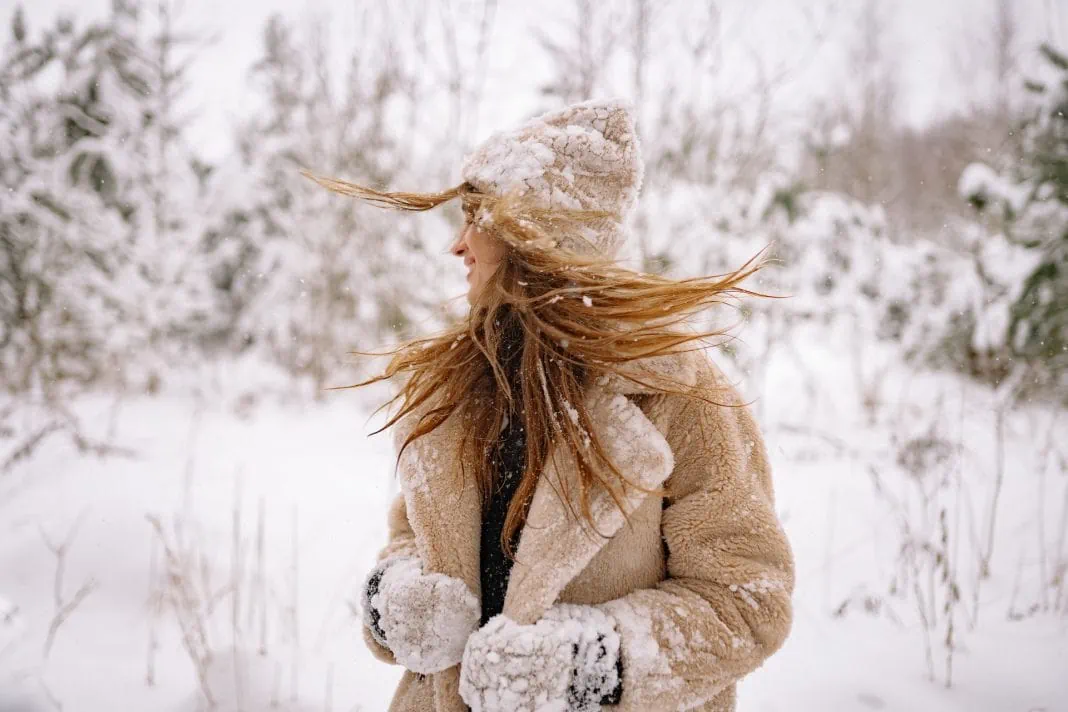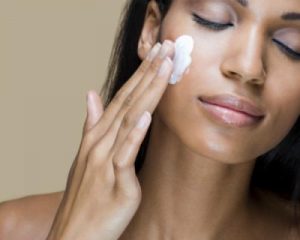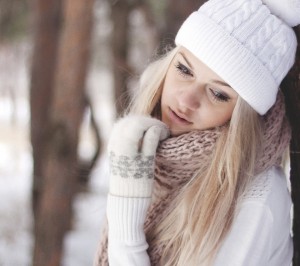Whether we like it or not, cold weather impacts our skin, no matter its type. While oily skin is probably the least affected, the cold dry air can cause an imbalance in sebum production, not just for normal and dry skin types.
It wouldn’t be correct to say that you should take more care of your skin during the winter season because that’s something you should always do. The secret is to adapt your skincare routine to the current season, among other factors.
5 Winter skincare tips for a glowing skin
1. Avoid hot water
When it’s freezing outside, having a long, hot bath is one of the most pleasant thoughts. Sadly, very hot showers and baths can disintegrate the skin’s lipid barriers, causing moisture loss and breaking the capillaries. Warm water and shorter bathing times are much better for preserving the skin’s moisture.
Skin dryness and itchiness can also be caused by the heat of the water itself as well as hard water.
2. Moisturize
The skin moisturizes best right after a bath or shower because its pores are open. Of course, the face needs to be moisturized more often than the rest of your body, normally in the morning and evening after washing it. A frequent mistake people tend to make is applying body lotions and creams not just on the body but also on the face. Remember that face moisturizers contain less perfume, preservatives, and other chemicals because the facial skin is more sensitive to these substances so it’s best to use all cosmetic products as they were originally intended.
Using different moisturizers depending on the season is recommended. Your skin’s needs depend on weather conditions, humidity, and temperature, not just on its type. Oil-based moisturizers work better during winter because they create a layer on the skin, allowing it to retain more moisture than water-based moisturizers.
3. Hydrate
Everywhere you look, drinking water seems to be the answer to all problems. Nevertheless, drinking plenty of water is not the cure for dry skin. Conversely, keeping yourself hydrated is good for your overall health. At the very least, drinking water can help skin conditions indirectly by flushing out the toxins in your body and supporting its proper functioning.
Dry air can also be a problem during winter since heating systems produce it as they warm our homes and offices. Increasing the air humidity can be done using humidifying systems but there are also cheaper solutions. Plants with large leaves or placing bowls with water near radiators or other heating sources (to support the evaporation process) can also effectively get more moisture in the air.
4. Wear protective clothes
Clothes don’t just keep you warm; they also protect your skin from the cold, dry air during the winter season. And it’s not just about the pants, jacket and shoes. Wearing a hat prevents a dry scalp, just like wearing gloves will protect your hands from dehydration which can lead to rough, irritated and even itchy skin. All clothes in direct contact with your skin should be made from soft, breathable materials.
5. Sunscreen
A large variety of day moisturizers contain a medium SPF, usually between 15 and 25, which is just fine most of the time. People usually think that summer is the season with most UV rays, but they remain quite high even during the winter, at least in certain conditions. Snow can reflect up to 80% of UV rays and a study showed that the intensity of UV rays is greater at higher altitudes. In such a case, using an SPF 30 or higher is recommended to prevent sunburns, premature skin aging, and even skin cancer.


